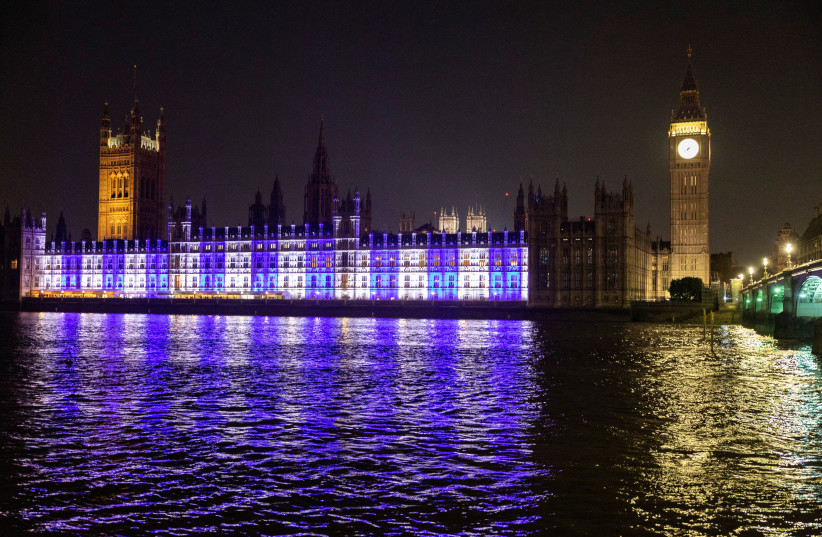In 2015, France witnessed one of the most harrowing terrorist attacks on its soil. Twelve people were mercilessly killed in the Charlie Hebdo shooting, and the nation, along with the world, was rightfully in shock. Across oceans and continents, world leaders, media personalities, and the general public united under the phrase “Je Suis Charlie,” a declaration of solidarity and support for freedom of expression. This unity culminated in an iconic march on January 11, where world leaders locked arms in Paris, emphasizing the universal importance of freedom and resilience against terror.
Fast forward eight years, and the world is faced with another ghastly terrorist offensive, this time on Israeli soil. With a death toll of more than 700, the recent events in Israel far overshadow the magnitude of the Charlie Hebdo attacks. Yet, there has been a noticeable absence of world leaders marching through the streets of Tel Aviv, arms interlocked, proclaiming “Je Suis Israélien,” or, more appropriately parallel, Ani Yisraeli.
Why this stark difference in international reactions?
Why this stark difference in international reactions? While the numbers alone should be a clarion call for global leaders to rally behind Israel, there’s an undeniable undercurrent of political intricacies and geopolitical considerations. It is undeniable that the Israeli-Palestinian conflict has complexities rooted in history, geopolitics, and long-standing grievances. However, one cannot help but wonder: should these complexities be a reason for world leaders to shy away from openly supporting a nation under attack?
The Charlie Hebdo incident was an assault on freedom of speech, a cherished value. But isn’t the assault on Israeli civilians an assault on the very essence of life, a value even more fundamental than freedom of speech?
“Je Suis Israélien” should not just be a phrase echoing in the corridors of social media but a rallying cry, similar to its French counterpart, underscoring the sanctity of human life. It should remind the world that every life lost in Israel is not just a statistic but a story, a family, a dream cut short.

This doesn't even take into account the men, women, and children who have been kidnapped by terrorists and taken violently to Gaza, where they are held as prisoners. Videos on social media show acts of rape, as well as physical and emotional assault on these Israeli citizens. Which other Western democracy would tolerate such a degrading situation?
The absence of a visible, physical presence of world leaders in Israel in the wake of this atrocity raises questions. Is the world genuinely united against terror, or is there selective empathy? Are geopolitical considerations more important than innocent lives?
The world stood by France in its darkest hour, and rightfully so. It's high time the world leaders, regardless of their political affiliations or strategic interests, stand unequivocally with Israel, not just through words but through meaningful, visible action. The slain in Israel, just like the victims of Charlie Hebdo, deserve nothing less.
